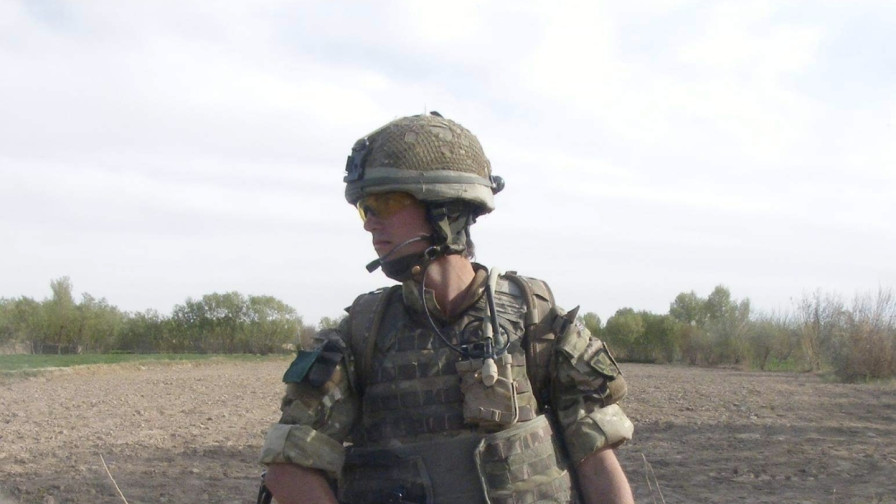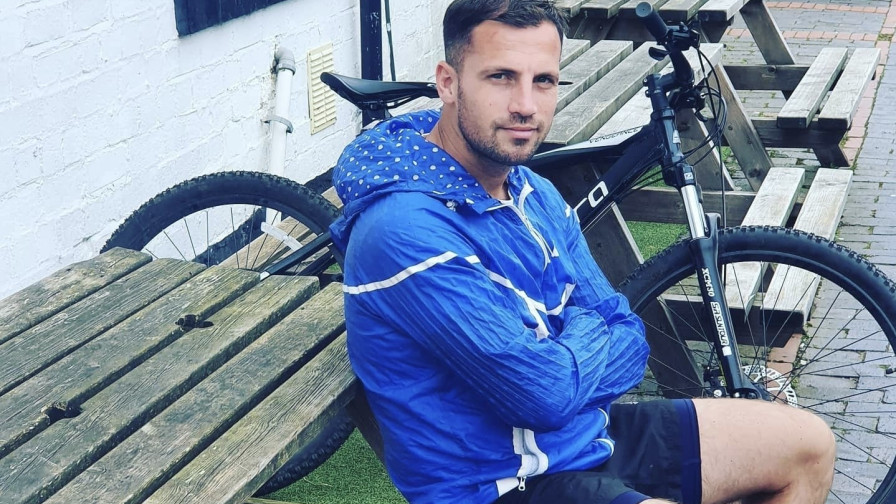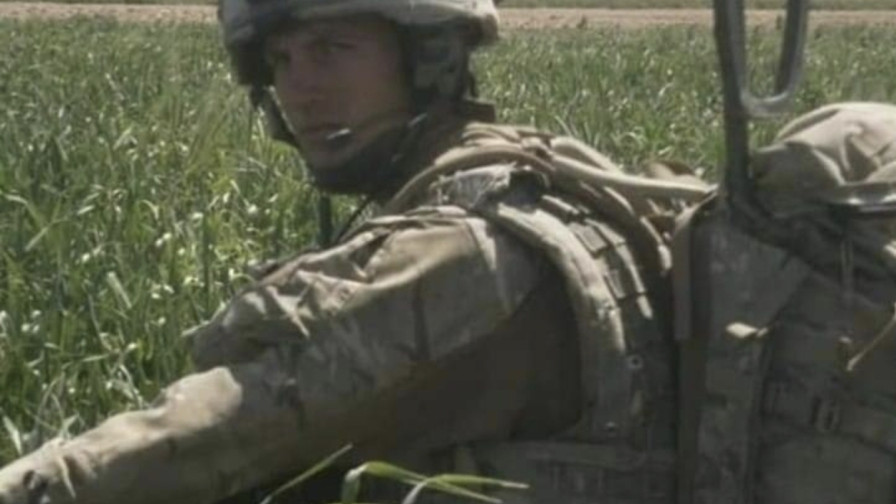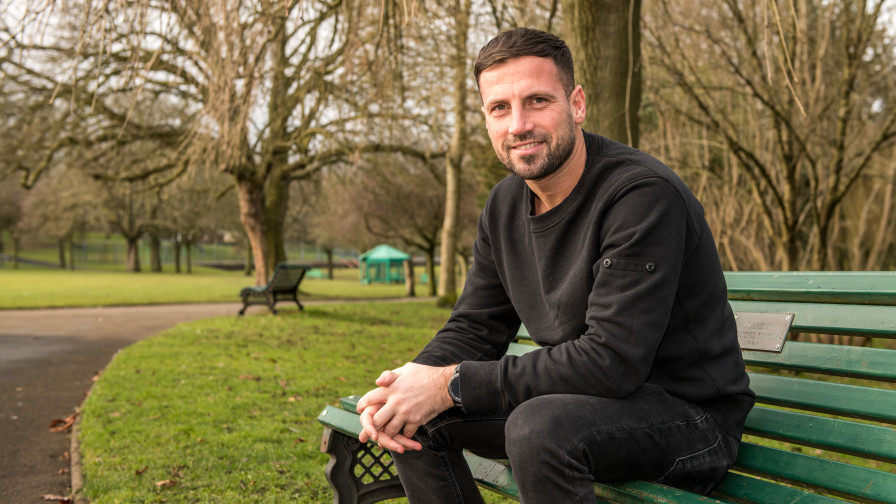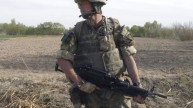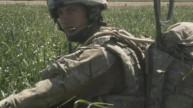Stuart's Story
“Thanks to Combat Stress I feel like I have a fighting chance.”
Stuart's Story
“I joined the Army when I was 21, as I thought it would make me feel proud. The Army aligned with my values and my strengths, so it seemed like a good fit.
“I joined the Parachute Regiment and was with the Army for four years, being sent to Afghanistan a year into my service in 2010 as part of Operation Herrick. When my tour finished and I came back to Colchester on camp I knew straight away that something wasn’t right with me but refused to accept I had a mental health problem. I was frustrated and while people would try to tell me I needed help, I fended them off. There was a lot of denial.
“My way of dealing with it was to push anything Army-related away, out of sight. After my tour I never went on exercise again, I joined the boxing team so I didn’t have to be a soldier and I even packed my uniform away – my room looked as much like a civilian’s room as I could make it.
“But then I left the boxing team and went back to being a soldier. This triggered my mental health symptoms even more, leading to me leave the Army in 2013.
“I thought that once I left I would be ok – the Army was done and that was all behind me. But I was bitter with negative feelings and was pretending I hadn’t even been in the Army. I was angry and frustrated and suffered from anxiety, which caused some relationships around me to fall apart.
“I knew that I wasn’t the same person that I had been before the Army and was struggling to hold down jobs – I had 10 jobs in two years. Finally, after conversations with work and my family I accepted that I needed some form of help – I didn’t know what that was, just that I needed something.
“The doctor told me I had anxiety and showed signs of PTSD. I accepted the anxiety diagnosis but still refused to accept that I had PTSD. I didn’t want to associate with that and it felt much more normal to say that I had anxiety, even though deep down I think I knew I did have PTSD stemming from my time in Afghanistan.
“I ended up on a treatment merry-go-round where I was put on waiting lists, would have treatment then be told my needs were different to the help that was on offer, then be referred elsewhere. Finally Combat Stress was mentioned so I called the Helpline in 2021. From there I was assessed and had cognitive behavioural therapy for more than a year through Teams calls with my therapist, Fay.
“My treatment with Combat Stress has helped me to keep going and to have a new perspective on life. Before, I thought that everything I did, or started, was destined to fail. Now I feel like I’ve got a fighting chance.
“To any other veterans who are thinking of calling Combat Stress – just contact them. Sometimes you don’t know that you need help, and you think the way you’re feeling is normal, but Combat Stress can help you.”
November 2022

